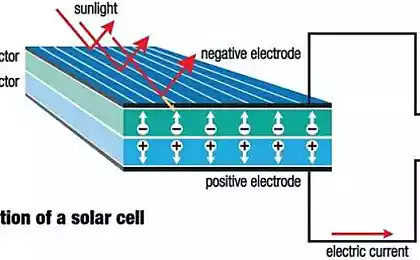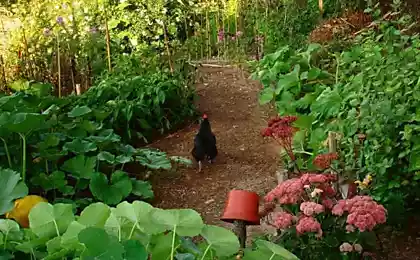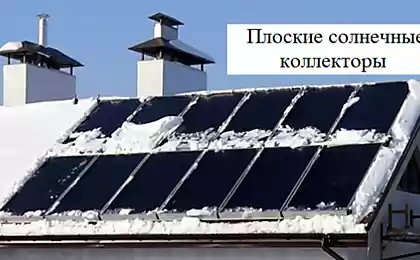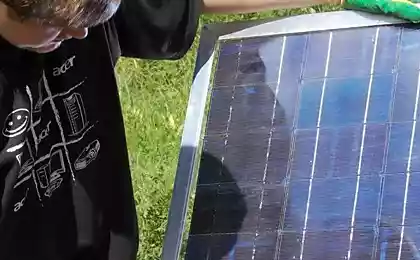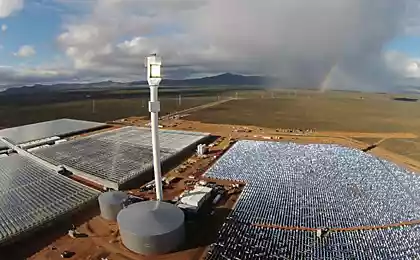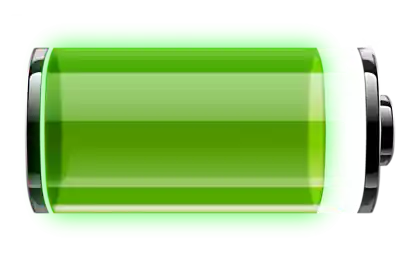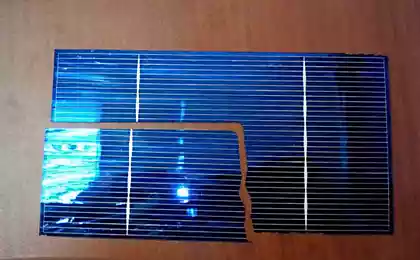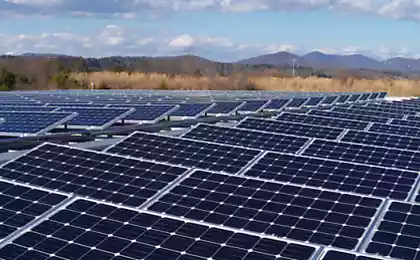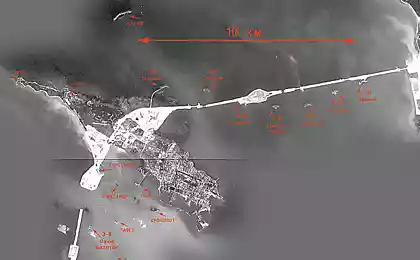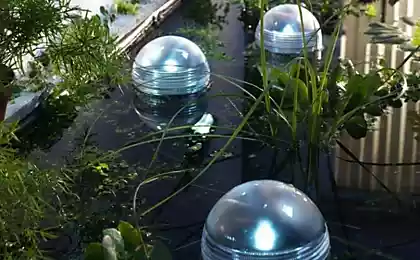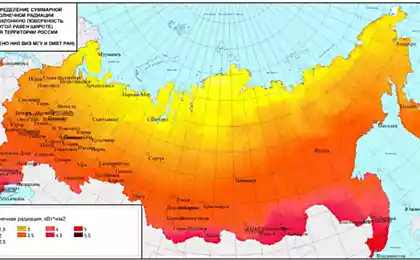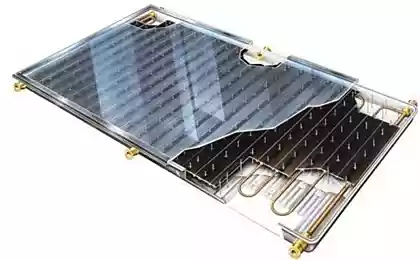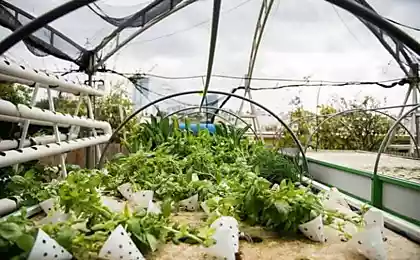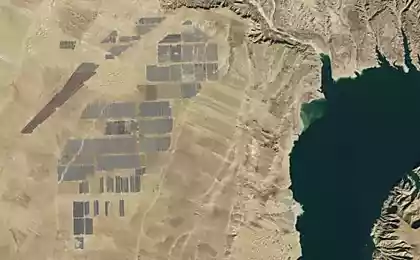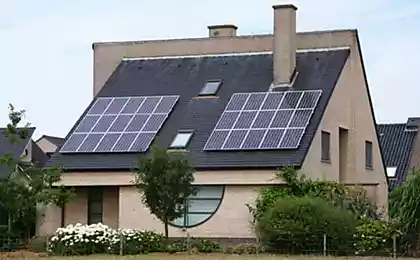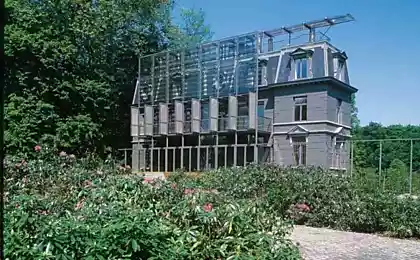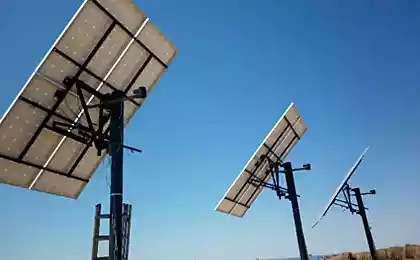451
Spanish architects presented the project of a floating farm solar

In connection with the increasing world population and decreasing areas of arable land, currently more and more acutely raises the question of food shortages, especially in poor and developing countries. In order to solve this problem, and to meet energy requirements from alternative sources, engineering and architectural firm Forward Thinking Architecture from Barcelona, Spain, developed and presented innovative project "Intellectual floating farm" (Smart Floating Farms or abbreviated as SFF).

These modular floating structures operating solely on solar energy from roof-mounted photovoltaic panels designed as a Supplement to traditional methods of farming and combine the technologies of hydroponics and aquaculture. They are fully automated and self-sufficient systems, and is designed for installation on the nearby under-utilized water bodies, to reduce dependence on food imports, as well as the cost of transportation and other manufacturing operations connected with the cultivation of agricultural crops.
Form rectangular modules of a floating farm SFF was inspired by the traditional configuration of lattice structures that are commonly used for floating fish farms in Asian countries. Each module has a size of 200 to 350 metres and can be connected with other modules to form industrial clusters, separated by built-in tracks. The modules are designed mainly for agriculture, but some of them can be adapted for research centers and educational exhibition site.

Each module SFF includes three main levels. The zero level is intended for aquaculture and installation of desalination systems. The first level is used to grow crops hydroponically. The upper level is a roof mounted arrays of solar photovoltaic panels, light hatches and tanks for collecting and storing rainwater. Thanks to the modularity of the system, floating farms SFF can be scalable, flexible and effective resource. According to estimates of architects, each module capable of producing annually more than 8000 tons of vegetables and 1,700 tons of fish.published
photographic material: inhabitat.com
P. S. And remember, just changing your intake, we, together change the world! ©
Source: www.cheburek.net
Useful tips on ecobyte: what to replace household chemicals
10 facts about nuclear weapons that everyone should know


